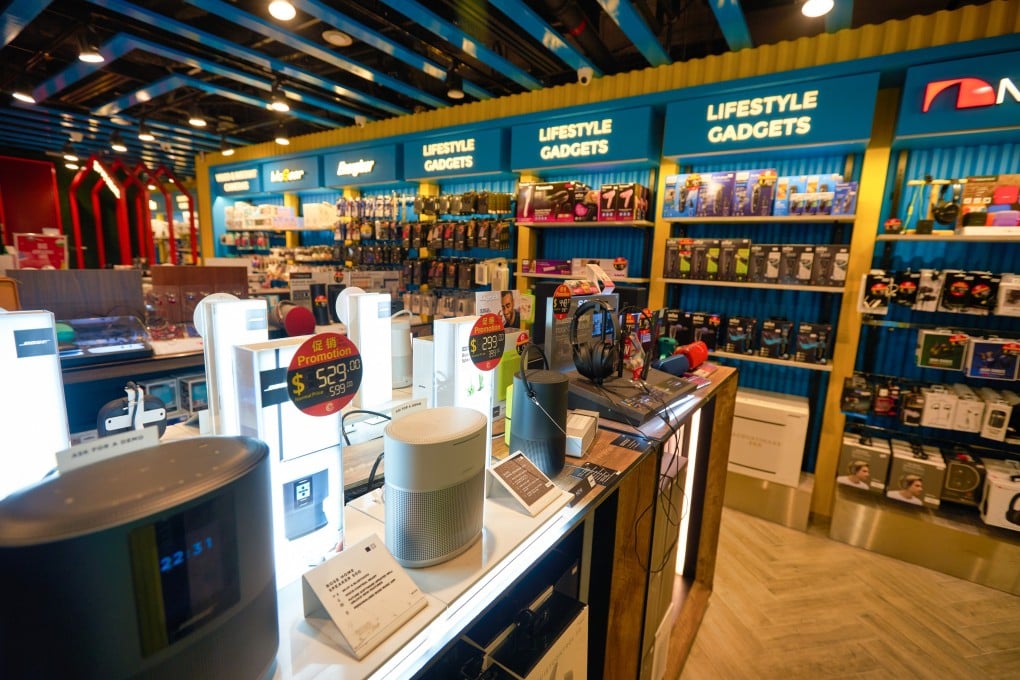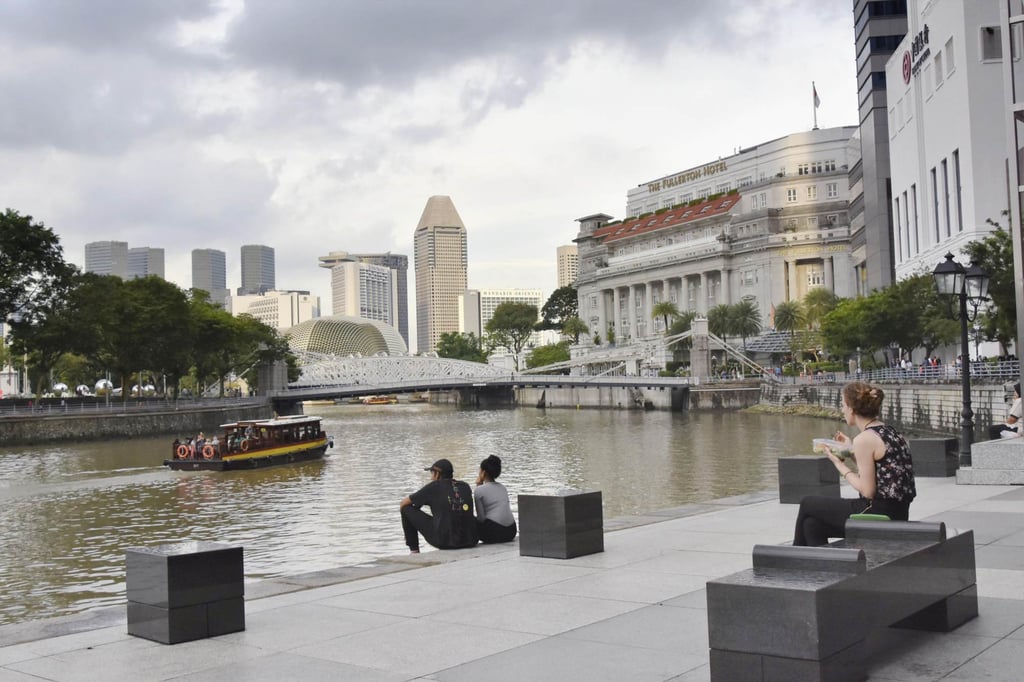Young Singaporeans rush to beat GST hike, but will continue ‘YOLO’ spending habits
- Observers say the GST hike is unlikely to dampen spending for a generation of Singaporeans for whom job security is less of a concern than others
- The government is issuing handouts to Singaporeans and offering support for lower-income households ahead of the staggered tax hike

Small-business owner Ng Yi Yang has four holidays planned for 2023, booking his fourth trip earlier than usual to beat Singapore’s higher goods and services tax (GST) on January 1, 2023.
“I have been monitoring the prices for a bit to see if they drop. With the GST hike, I knew it wasn’t going to drop so I pulled the plug and booked it,” the 26-year-old said. So far, his trips include one to Berlin in May.
Ng is one of many young, working-class Singaporeans seeking to lock in big-ticket items like watches, furniture and home appliances before the tax hike, even as observers say the move is unlikely to dampen spending for a generation for whom job security is less of a concern than others.
“They are less worried about job security because they are able to find jobs far easier because of their skill sets compared to their parents,” said Song Seng Wun, an economist at CIMB Private Banking. “They are more willing to take risks and spend more as well. They may take the higher GST in their stride far more quickly than their parents.”
One difference between the impending GST hike and the last one in 2007 was that the younger generations are now increasingly adopting the you-only-live-once (YOLO) mentality – and this could be good for the economy, he said.

Amanda Woon, 26, is rushing to bring forward the payment of her March 2023 wedding banquet to beat the GST hike.